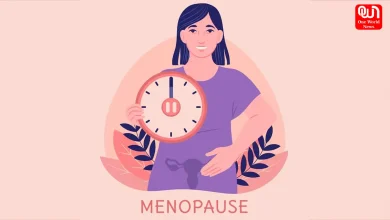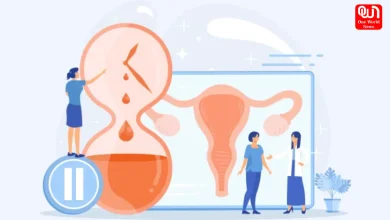Navigating Grief: Expert Tips for Healing and Coping
Therapists Nicole Vignola and Sula Windgassen share insights on the profound nature of grief, offering practical advice for navigating the challenging emotional terrain with compassion and healing."
Therapists Illuminate the Complex Journey of Grief and Offer Compassionate Guidance
Grief is a deeply personal experience, and it’s a real, tangible part of life. Sometimes, we might try to bury our grief under distractions, hoping it will fade away. However, therapists Nicole Vignola and Sula Windgassen shed light on the fact that grief is a complex process that activates the brain’s pain centres. This not only affects us mentally but also manifests physically, causing exhaustion and restlessness, often leading to sleep troubles. Replaying events in our minds is a common response, prolonging the emotional pain.

To navigate this challenging terrain, the therapists offer some compassionate advice:
- Therapy as a Healing Space: Seeking professional help is encouraged, especially for complex grief. Yet, they acknowledge that allowing oneself to go through the natural process is valid. In cases of intricate grief, expert guidance becomes crucial to untangle emotions and foster healthy coping mechanisms.
read more : Geriatric Kidney Care: Tackling CKD and Diabetic Nephropathy
- Build a Supportive Network: Grief can make us feel vulnerable, so finding the right support is vital. Whether it’s financial assistance or a sense of community, surrounding ourselves with trustworthy people creates a safety net during difficult times.
- Journaling for Emotional Clarity: Putting our emotions on paper allows for constructive exploration without triggering unnecessary stress. Journaling helps us process emotions, allowing us to remember both the joys and challenges.
- Expressing Emotions in Healthy Ways: Venting out difficult emotions in positive ways contributes to a sense of relief. Engaging in creative activities or developing new hobbies can be therapeutic, offering an outlet for emotional expression.
read more : Why do Men die younger than women?
In essence, the therapists emphasize that acknowledging and working through grief is a necessary part of the healing process. It’s about allowing the heart and mind the time and space they need to process, remembering that seeking help and cultivating a supportive environment are acts of self-compassion during challenging times.
Like this post?
Register at One World News to never miss out on videos, celeb interviews, and best reads.








